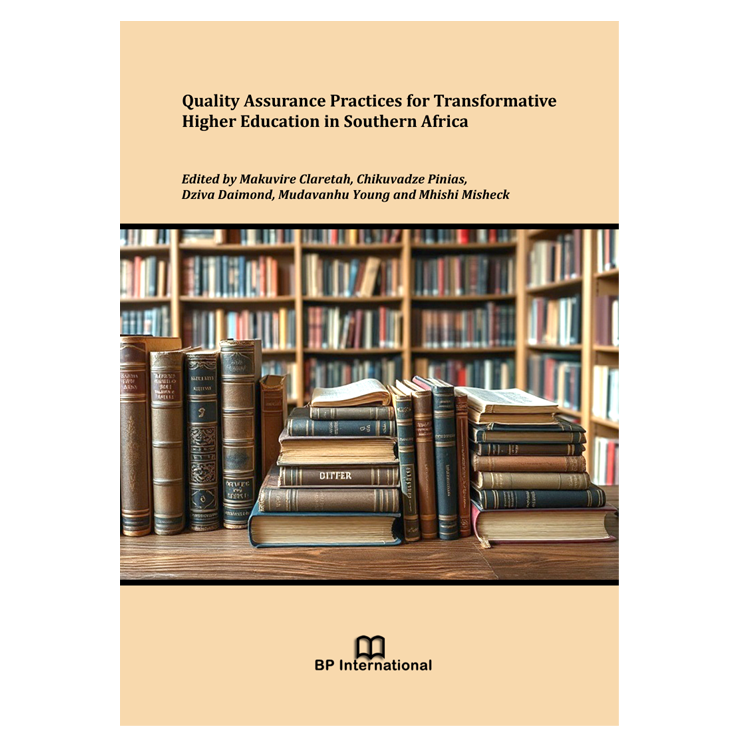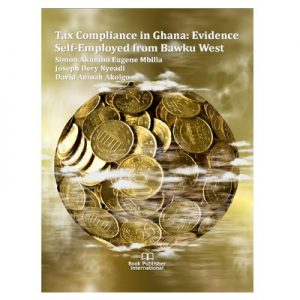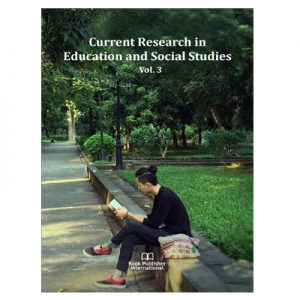This book delves into the foundational aspects shaping the quality assurance landscape in Southern Africa’s higher education. Post-independence reforms aimed to create inclusive, locally relevant, and development-oriented institutions, addressing inequalities entrenched in the sector. However, socio-economic disparities and political instability have presented barriers to equitable access and adequate quality assurance. Strong governance, leadership, and accountability are vital to ensuring educational quality. Global frameworks such as those from UNESCO, the World Bank, and the African Union have influenced regional practices, encouraging alignment with international standards while addressing local needs. Regional collaborations, such as those led by the Southern African Regional Universities Association, have fostered shared quality assurance initiatives and standards. This highlights the dual focus on academic excellence and the transformation of higher education to meet societal needs. The book also explores how quality assurance practices are implemented and adapted to local socio-cultural and economic contexts, offering policy recommendations for sustainable development. Emphasis is placed on interdisciplinary approaches, equity, curriculum relevance, and technological tools for monitoring and improvement. It advocates for student-centred strategies in curriculum design, prioritizing students’ needs and experiences. Themes include policy advocacy, stakeholder engagement, lecturer development, continuous assessment, institutional culture, and the integration of artificial intelligence in quality assurance. The book positions quality assurance as a transformative tool, extending education beyond academic learning to foster critical thinking, sustainable development, and social responsibility. Ultimately, it offers practical guidance to stakeholders, aiming to enhance educational standards, accountability, global competitiveness, and innovation, while addressing the unique challenges of Southern Africa. This contribution seeks to create a robust and dynamic higher education system that aligns with local and global demands.
Quality Assurance Practices for Transformative Higher Education in Southern Africa
Makuvire Claretah
Bindura University of Science Education, Zimbabwe.
Chikuvadze Pinias
Bindura University of Science Education, Zimbabwe.
Dziva Daimond
Bindura University of Science Education, Zimbabwe.
Mudavanhu Young
Bindura University of Science Education, Zimbabwe.
Mhishi Misheck
Bindura University of Science Education, Zimbabwe.
Book Details
| Edited by | Makuvire Claretah |
|---|---|
| Pages | 249 |
| Publisher | BP International |
| Language | English |
| ISBN-13 (15) | 978-93-49729-81-0 (Print) |
| Published | April 23, 2025 |





